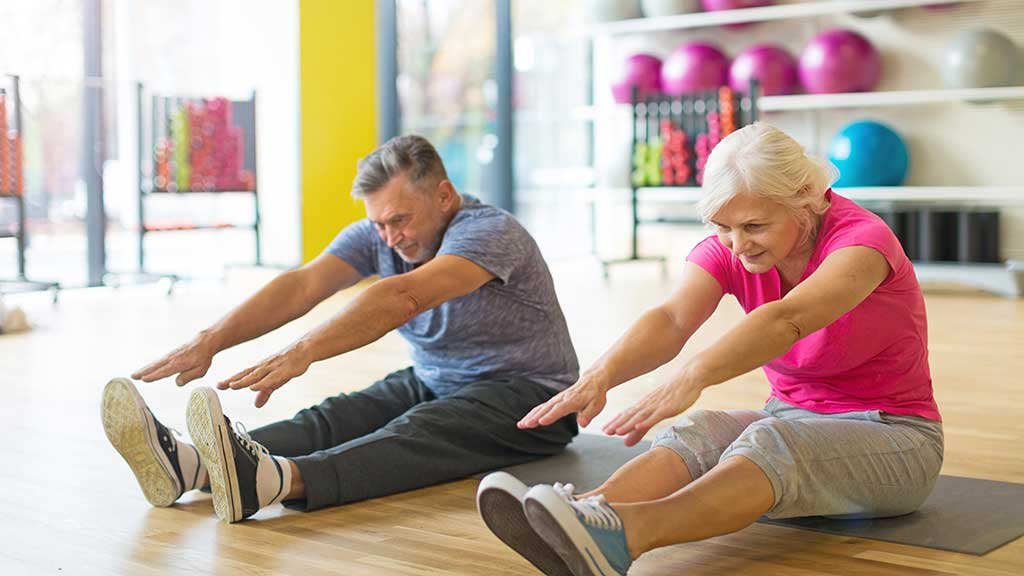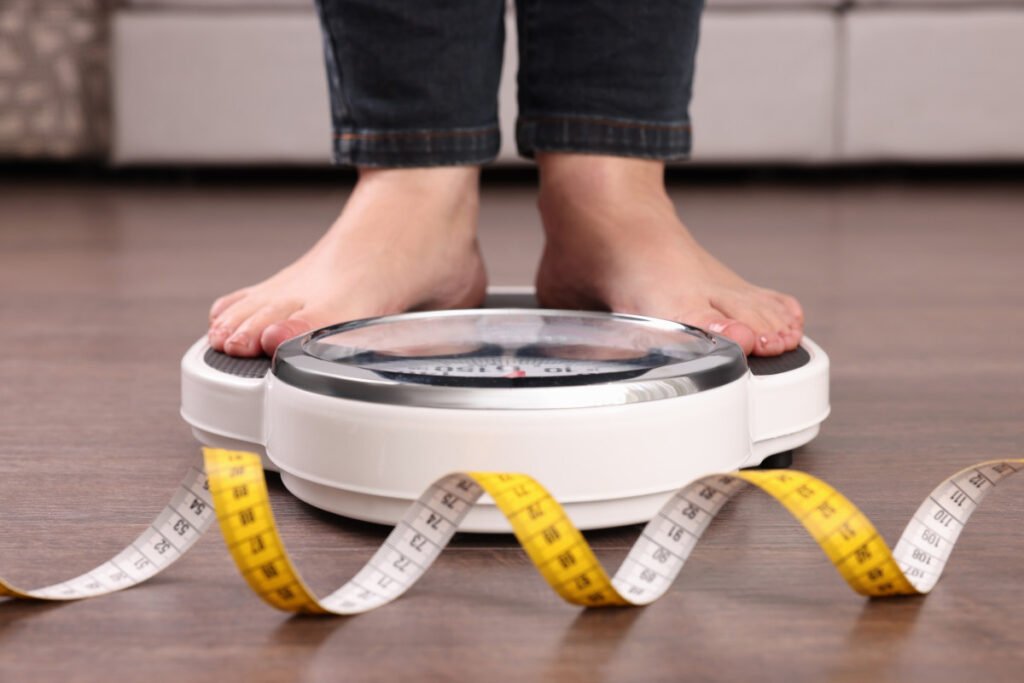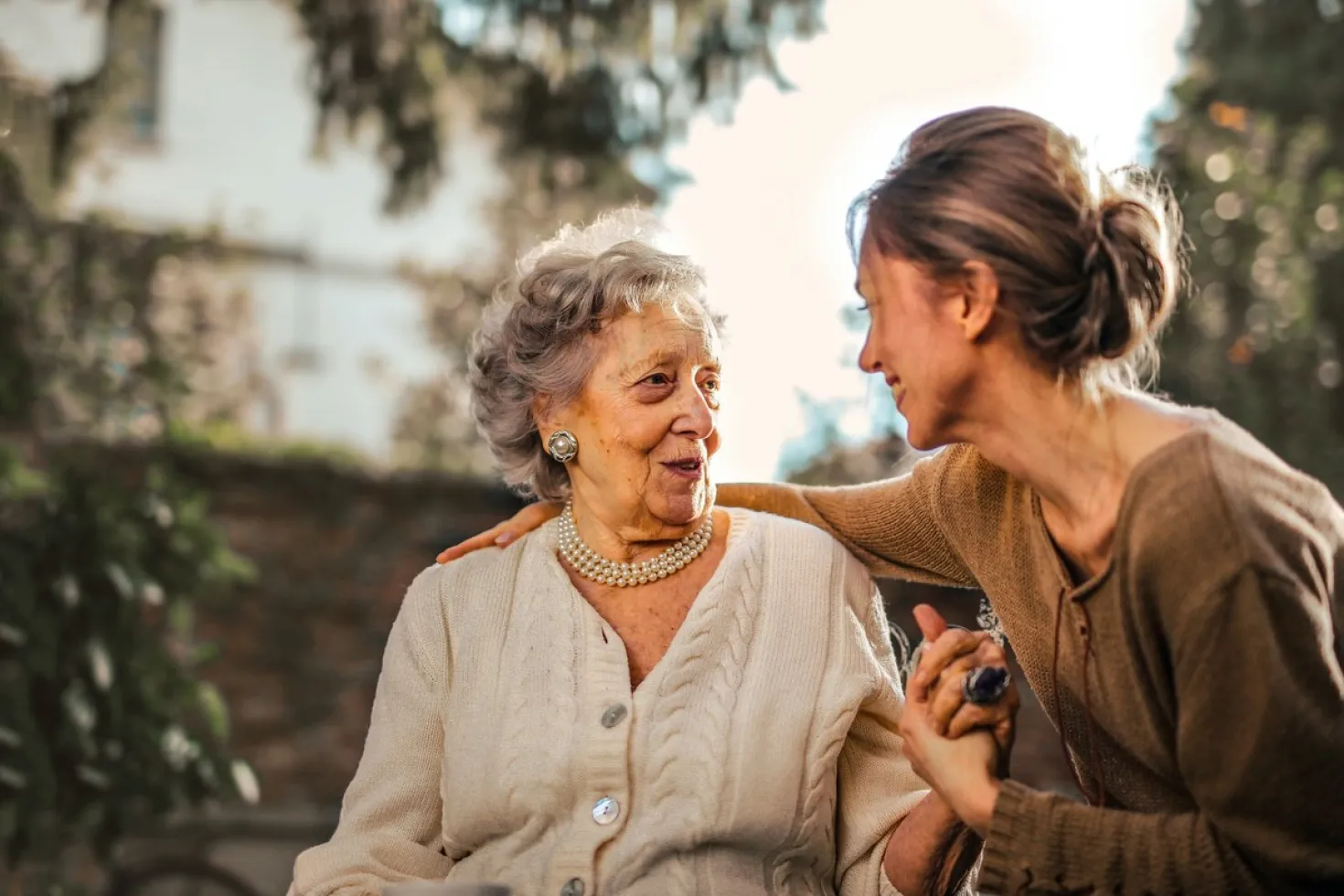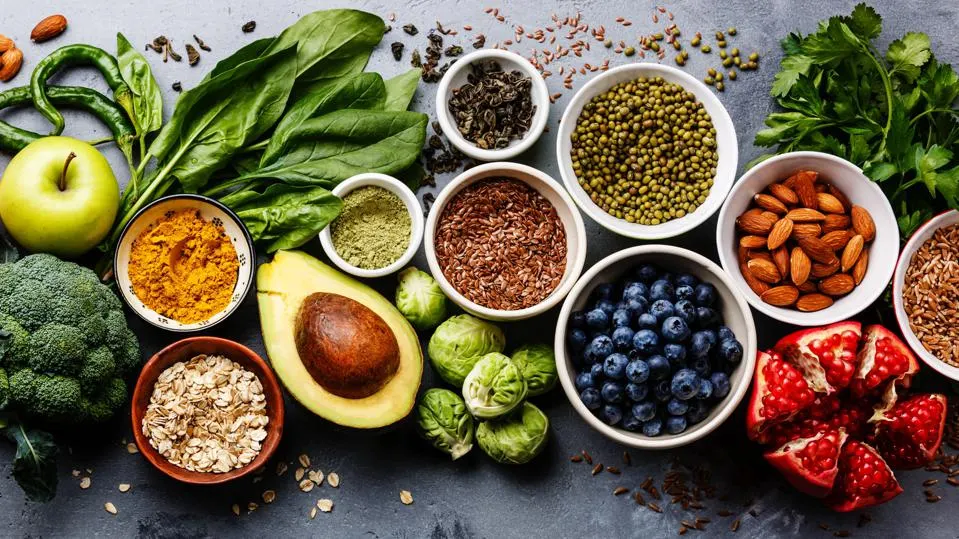Cancer prevention for women over 50 involves a combination of healthy lifestyle choices and regular screenings. To reduce the risk of cancer, we can take proactive steps that align with both lifestyle and medical recommendations. According to experts at the National Cancer Institute, maintaining a healthy weight, staying physically active, and eating a plant-based diet rich in fruits, vegetables, and whole grains can significantly lower cancer risk. Additionally, avoiding tobacco and excessive alcohol use, practicing safe sex, and wearing sunscreen are all crucial steps. Regular cancer screenings, including mammograms and colonoscopies, are also essential for early detection, which greatly improves treatment outcomes.
Table of Contents
Cancer risk increases with age, and women over 50 are at higher risk for several types of cancer, including breast, ovarian, and colorectal cancers. However, adopting certain lifestyle habits and preventive measures can significantly reduce the risk. Here are some top cancer prevention tips specifically tailored for women over 50.
1. Regular Screenings
Mammograms and Breast Exams
Regular mammograms are crucial for early detection of breast cancer. Women over 50 should follow guidelines for mammography screenings, typically recommended every 1 to 2 years. Additionally, performing regular breast self-exams and having clinical breast exams can help in early detection of any unusual changes.
Pap Smears and Pelvic Exams
For cervical cancer prevention, women should continue to have Pap smears as recommended by their healthcare provider. Pap smears help detect precancerous changes in the cervix. Pelvic exams can also help monitor reproductive health and detect potential issues early.
Colonoscopy
Colon cancer risk increases with age, making regular colonoscopies essential for women over 50. It is generally recommended to start screening at age 45 and continue every 10 years if no abnormalities are found. Colonoscopies can detect polyps or early signs of cancer, allowing for timely intervention.
2. Healthy Diet

Focus on Fruits and Vegetables
A diet rich in fruits and vegetables provides essential vitamins, minerals, and antioxidants that can help reduce cancer risk. Aim for a variety of colorful produce, including leafy greens, berries, and cruciferous vegetables like broccoli and cauliflower. These foods contain compounds that may help protect against cancer.
Whole Grains and Lean Proteins
Incorporate whole grains, such as brown rice, quinoa, and whole wheat bread, into your diet. Whole grains are high in fiber, which may help lower the risk of colorectal cancer. Additionally, include lean proteins like chicken, fish, and legumes, which provide essential nutrients without excess saturated fat.
Limit Processed Foods and Red Meat
Reduce the intake of processed foods and red meat, which have been linked to an increased risk of certain cancers, including colorectal cancer. Opt for healthier cooking methods, such as grilling, baking, or steaming, rather than frying or charring.
3. Maintain a Healthy Weight
Importance of Weight Management
Obesity is a known risk factor for several types of cancer, including breast, endometrial, and colorectal cancers. Maintaining a healthy weight through a balanced diet and regular physical activity can help lower cancer risk.
Incorporate Regular Exercise
Engage in regular physical activity, such as walking, swimming, or strength training. Aim for at least 150 minutes of moderate-intensity exercise or 75 minutes of vigorous-intensity exercise per week. Exercise helps regulate body weight, improve overall health, and reduce cancer risk.

4. Avoid Tobacco and Limit Alcohol
Quit Smoking
Tobacco use is a major risk factor for many cancers, including lung, throat, and bladder cancers. If you smoke, seek support to quit smoking. Avoiding tobacco in all forms is one of the most effective ways to reduce cancer risk.
Limit Alcohol Consumption
Excessive alcohol consumption is associated with an increased risk of several cancers, including breast and liver cancer. Women should limit alcohol intake to no more than one drink per day. Reducing or eliminating alcohol consumption can help lower cancer risk and improve overall health.
5. Protect Your Skin
Practice Sun Safety
Skin cancer risk increases with age, and protecting your skin from excessive sun exposure is crucial. Use sunscreen with a high SPF, wear protective clothing, and avoid prolonged sun exposure, especially during peak hours. Regular skin checks for any new or changing moles are also important.
Avoid Tanning Beds
Tanning beds increase the risk of skin cancer and should be avoided. Opt for safer alternatives like self-tanning products or bronzers to achieve a sun-kissed look without the harmful effects of UV radiation.
6. Manage Stress and Mental Health
Importance of Mental Well-Being
Chronic stress and poor mental health can impact physical health and may influence cancer risk. Practice stress management techniques such as mindfulness, meditation, or yoga. Engaging in enjoyable activities and seeking support from friends, family, or mental health professionals can also improve overall well-being.
Build a Support Network
Maintaining strong social connections and a support network can help manage stress and promote mental health. Surround yourself with supportive friends and family who can provide emotional support and encouragement.

7. Get Vaccinated
HPV Vaccine
The human papillomavirus (HPV) vaccine is recommended for preventing cervical and other HPV-related cancers. While vaccination is typically recommended for younger individuals, discussing HPV vaccination with your healthcare provider may still be beneficial if you are within the recommended age range for receiving the vaccine.
Hepatitis B Vaccine
Hepatitis B infection can increase the risk of liver cancer. If you are at risk for hepatitis B or have certain health conditions, consider getting vaccinated. Discuss your vaccination options with your healthcare provider.
8. Regular Health Check-Ups
Routine Medical Exams
Regular health check-ups are essential for monitoring overall health and detecting potential issues early. Ensure you have annual or biannual visits with your healthcare provider to discuss any health concerns, review screening results, and update your preventive care plan.
Personalized Health Recommendations
Work with your healthcare provider to develop a personalized health plan based on your individual risk factors, family history, and health status. Your provider can offer tailored advice on cancer prevention and recommend appropriate screenings and lifestyle changes.
Conclusion
Cancer prevention for women over 50 involves a multifaceted approach that includes regular screenings, a healthy diet, maintaining a healthy weight, avoiding tobacco and limiting alcohol, protecting your skin, managing stress, getting vaccinated, and staying up-to-date with routine health check-ups. By adopting these preventive measures, women can significantly reduce their risk of cancer and promote overall health and well-being. Taking proactive steps and working closely with healthcare providers can help ensure a healthier future and improve quality of life.
purposes only. I am not a doctor or medical professional. Always consult with a healthcare provider before making any changes to your exercise routine or lifestyle, especially if you have any health concerns or conditions.
My mission is to celebrate the wisdom, resilience, and vitality of women as they navigate menopause, embrace life’s transitions, and step confidently into the next phase. Whether you’re exploring ways to stay fit, looking for health tips to prevent common issues, seeking inspiration for a fulfilling lifestyle, or simply wanting guidance on diet, I’ve got you covered.
Dive into our articles on fitness, health, lifestyle, nutrition and more to find the support and insights you need!





